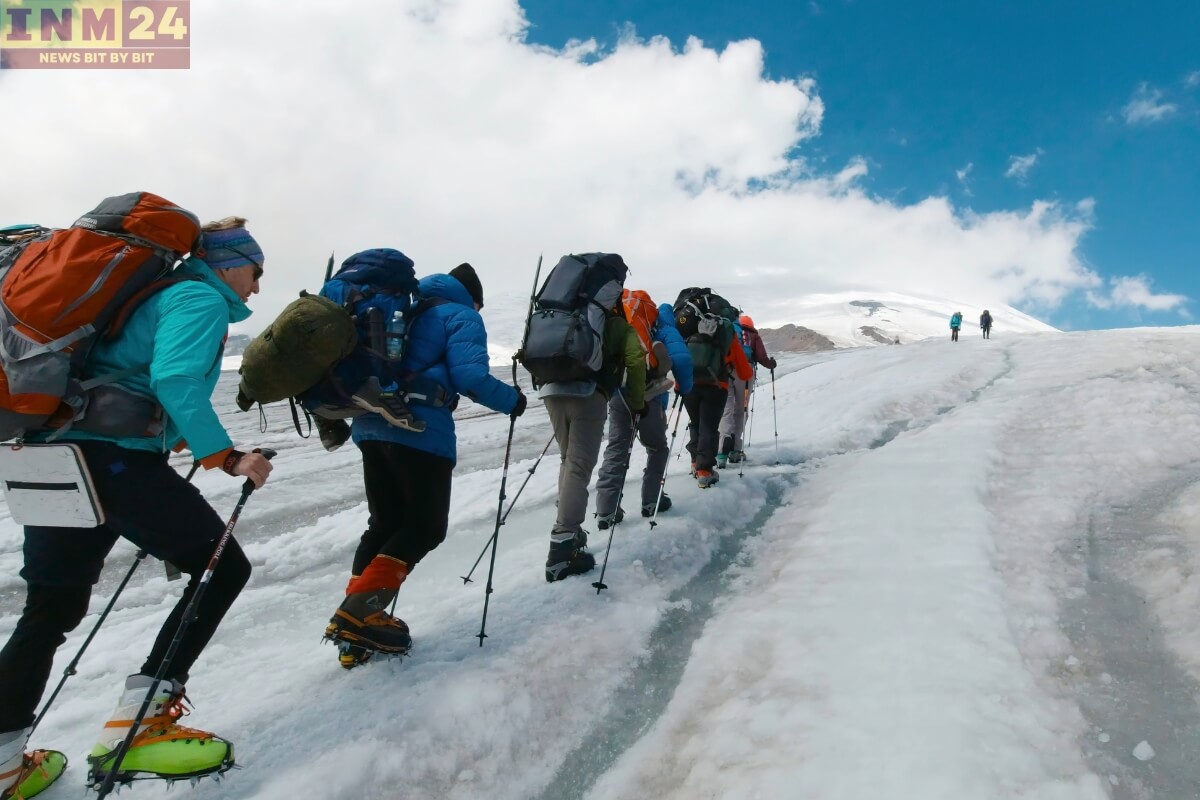In a significant move aimed at enhancing safety measures and monitoring on Mount Everest, Nepal has announced a new mandate for climbers: the compulsory carrying of electronic chips, also known as e-chips. This requirement, set to be enforced for all climbers ascending the world’s highest peak, marks a significant step forward in mountain safety and expedition management.
Enhancing Safety Measures: Nepal’s Response to Challenges on Mount Everest
The decision to implement e-chips for Everest climbers comes in response to a series of incidents and challenges faced by mountaineers on the mountain, including overcrowding, accidents, and difficulties in tracking climbers during expeditions. By requiring climbers to carry e-chips, Nepalese authorities aim to enhance monitoring capabilities, improve rescue coordination, and mitigate risks associated with climbing on Everest.
The e-chips, equipped with GPS technology, will enable real-time tracking of climbers’ movements on the mountain. This information will be transmitted to a centralized monitoring system, allowing authorities to closely monitor the progress of climbers, identify potential safety hazards, and respond promptly to emergencies. Additionally, the e-chips will provide valuable data for post-expedition analysis and planning, helping to inform future safety measures and expedition management strategies.
Prioritizing Safety: Nepal’s Commitment to Everest Climbers’ Well-being
The mandate for e-chips reflects Nepal’s commitment to prioritizing the safety and well-being of climbers on Mount Everest, which attracts thousands of adventurers from around the world each year. By leveraging technology to enhance monitoring and rescue capabilities, Nepalese authorities aim to create a safer and more secure environment for climbers, reducing the risk of accidents and ensuring a successful and enjoyable experience for all.
While the introduction of e-chips represents a positive step towards improving safety on Mount Everest, it is important to recognize that climbing the world’s highest peak remains a challenging and potentially hazardous endeavor. Climbers are urged to exercise caution, adhere to safety guidelines, and be prepared for the rigors of high-altitude mountaineering.
Nepal’s decision to mandate the carrying of e-chips for Everest climbers underscores the country’s commitment to promoting safety and sustainability in mountaineering. By embracing technology and implementing proactive measures, Nepalese authorities are taking significant strides towards ensuring the safety and well-being of climbers on Mount Everest. As climbers prepare to embark on their expeditions, the mandatory requirement for e-chips serves as a reminder of the importance of prioritizing safety and preparedness in high-altitude environments.
